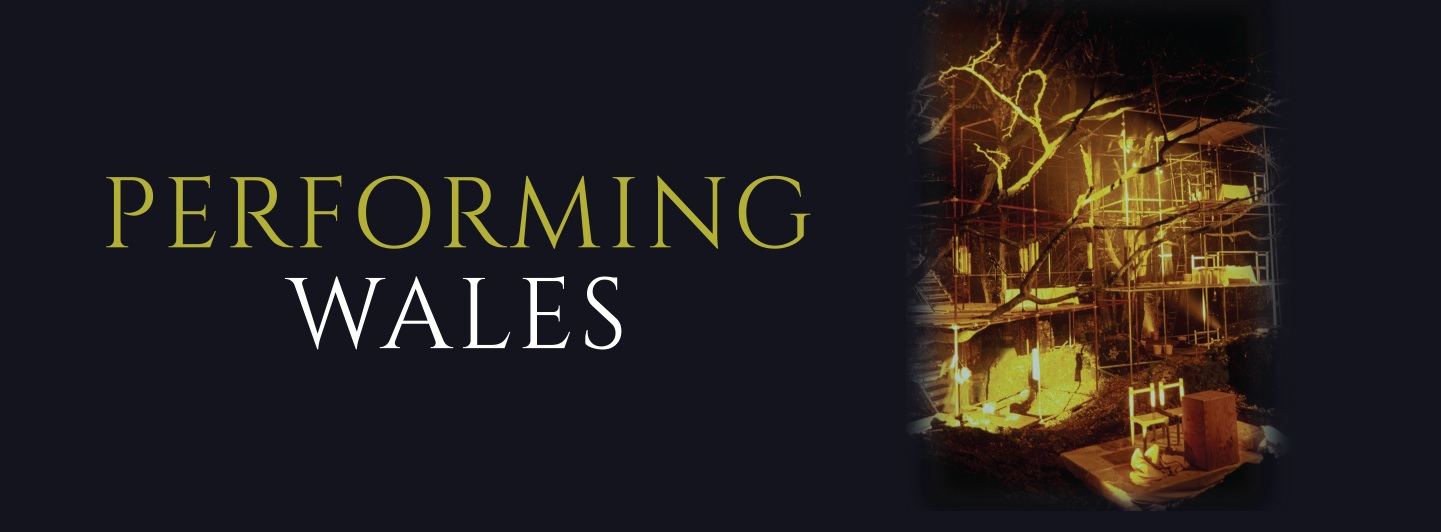
Lisa Lewis introduces Performing Wales: People: Memory and Place.
Performing Wales: People, Memory and Place, begins from the premise that culture can be analysed in terms of performance, and focuses on four distinct areas of Welsh culture – Museum, Heritage, Festival and Theatre – in which performance helps to sustain specific relationships between people, memory and place. Each chapter discusses ideas from performance studies, as well as other fields, in relation to specific case studies, including St Fagan’s National History Museum and various heritage sites and re-enactment events in Wales, the National Eisteddfod, Wales at the Smithsonian Folklife Festival, and the work of a range of theatre companies operating around the turn of the twenty-first century. Through these examples, the book examines the way in which culture as performance in Wales forges deep connections between participants, establishes communal memory and develops particular understandings of the local.
Analysing culture through the optic of performance also allows us to open up and reveal the implications of performances of power. One can only imagine, in this context, the renaming ceremony for the second Severn crossing as the ‘Prince of Wales Bridge’ – a performance designed to bolster the project of Britishness. Should it happen, the ceremonial aspect will mask the performance’s true intent – to hinder any sense of a distinct Welsh identity. This is a hidden facet of the performance that does not wish to draw attention to itself, for it hinges on the acquiescence of the Welsh.
What do we gain from analysing our own culture in terms of performance? Considering the performative nature of culture involves looking at it in terms of a continuous, active transaction between people. Thinking about culture in this way reveals things about our capacity to structure experience and to deal with change. Performing Wales discusses the way in which aspects of Welsh culture around the turn of the twenty-first century can be analysed as a series of performances that resituate Welsh culture from a central vantage point (rather than a cultural periphery).
Lisa Lewis is Professor of Theatre and Performance Studies and Co-Director of the Centre for Media and Culture in Small Nations, University of South Wales.


